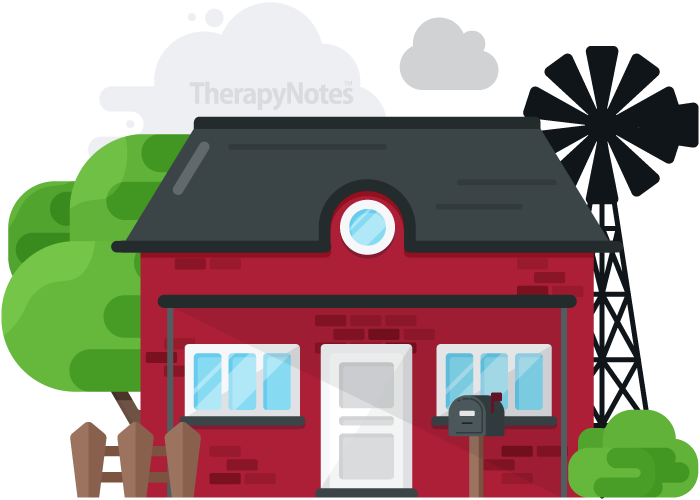Fighting Loneliness in Private Practice With Consultation Groups
By Allison Puryear, LCSW, CEDS on April 8, 2020

A solid consultation group is obviously helpful for improving our clinical skills. In fact, that is the purpose of a good consultation group; it’s not to build your business, although it’s likely that referrals will be exchanged between consultation group members. I love that consultation groups give us a place to talk through clinical issues with clinicians you trust. In addition, they help relieve some of the anxiety and imposter syndrome that flares up within even the most competent of us, helping us feel less alone in private practice.
If you’re interested in starting or joining a consultation group, here are some considerations. You can build a consultation group that revolves around diagnoses, or you can create one that’s more concern-specific so that you can dig into the finer points of this work. You can also build a consultation group around your modality, or one that’s neighborhood-specific. In the same breath, you can simply invite therapists whose work you admire regardless of niche, modality, or location to join! You can consult online using a HIPAA-compliant video conferencing system to ensure that you aren’t bound by the therapists in your city.
If you’re starting a consultation group, make sure that you only reach out to clinicians that you trust and respect. There’s nothing that tanks a consultation group quite like having somebody who is either negative all the time (that isn’t going to be helpful) or somebody whose work you just don’t respect. Let’s not invite them. And this isn’t to come across as elitist! We simply want to make sure that your consultation group is elevating your practice, not dragging it down.
This will also help you build your business because whether it’s presenting concern-specific or demographic-specific work, or just a bunch of great clinicians you know, you’re going to get to know how the other people in your new consultation group operate. You’re going to build your own trust factors among one another, and you’re going to have the opportunity to be very thoughtful, creative, and appreciative of each other's work. So, if somebody calls you with a concern that you don’t typically treat or that you know that your colleague will treat more effectively than yourself, then you have the opportunity to refer out and vice versa.
To reduce loneliness, I recommend meeting on a regular basis, either weekly or monthly. For retention, it’s important to have buy-in from each person and a commitment that they’ll be there each time. It’s sometimes a hard sell to ask a clinician to give up a slot that could go to a client, but if everyone is committed to improving their skills and staying focused, it can help each of you achieve amazing clinical growth and build a deep trust and friendship with one another.
Consultation groups are a great way to build your clinical skills, beat back the loneliness, and build your business.
* The content of this post is intended to serve as general advice and information. It is not to be taken as legal advice and may not account for all rules and regulations in every jurisdiction. For legal advice, please contact an attorney.
About Allison Puryear, LCSW, CEDS
Get more content like this, delivered right to your inbox. Subscribe to our newsletter.
More Content You'll Enjoy

How to Have a Successful Rural Counseling Practice

Starting Your Own Mastermind Group
